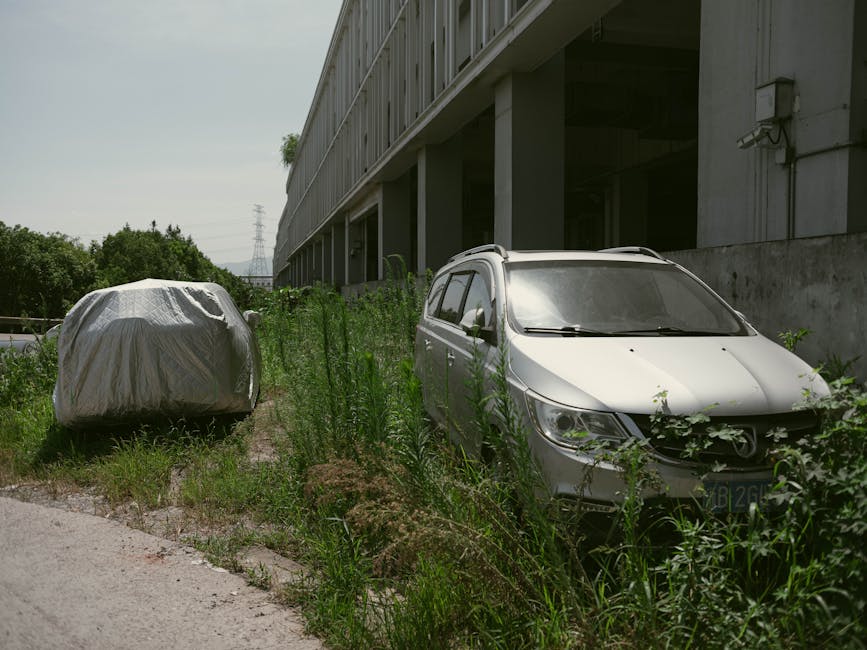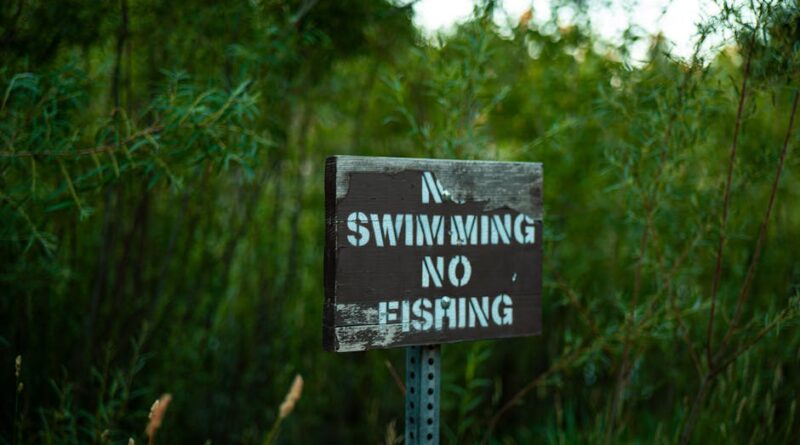The Debate over Environmental Regulations
Have you ever wondered why some people cheer for stricter environmental laws while others argue against them? This debate affects everyone, from the air we breathe to the economy. Understanding both sides of the story is vital for making informed choices.
What Are Environmental Regulations?

Environmental regulations are rules set by governments to protect the environment. They limit pollution, conserve resources, and promote sustainability. Think of it as a set of guidelines that businesses and individuals must follow to keep our planet healthy.
For example, car manufacturers must meet emissions standards. These rules help reduce harmful gases in our air. This not only benefits our health but also slows down climate change.
Why Do We Need Environmental Regulations?

Environmental regulations play a crucial role in our lives. But why exactly do we need them?
- Protecting Public Health: Air and water pollution can lead to serious health issues. Regulations help reduce these risks.
- Conserving Resources: By managing how we use resources, we can ensure they last for future generations.
- Preserving Biodiversity: Rules can protect endangered species and their habitats, keeping our ecosystems balanced.
According to a study by the Environmental Protection Agency (EPA), air quality has significantly improved due to regulations. This has led to millions of fewer respiratory illnesses each year.
What Are the Arguments Against Strict Regulations?

On the flip side, many people argue that strict environmental regulations can be harmful too. Here are a few common arguments:
- Economic Impact: Critics say regulations increase costs for businesses. This can lead to higher prices for consumers.
- Job Losses: Some believe that strict laws can force companies to downsize or move jobs overseas.
- Innovation Stifling: There is a fear that too many rules can slow down technological advancements.
For instance, a factory might face hefty fines for not meeting environmental standards. This can lead to layoffs as they struggle to balance costs.
Are Environmental Regulations Effective?

One big question remains: Do these regulations actually work? The answer is yes, but with some caveats.
Many studies show that regulations have led to cleaner air and water. For example, the Clean Air Act reduced harmful pollutants by over 70% since 1970. That’s a significant achievement!
However, the effectiveness can vary. Sometimes regulations are not enforced. Other times, they can be too lenient or not updated to meet new challenges.
How Do Regulations Affect Businesses?
Let’s take a closer look at how businesses view environmental regulations.
Many companies see regulations as a double-edged sword. On one side, they must comply with rules that can be costly. On the other side, these rules can create opportunities.
For example, companies that invest in green technologies can attract eco-conscious consumers. This can lead to higher profits over time. Additionally, businesses that adapt can often qualify for tax breaks or financial incentives.
What Do Experts Say?
Experts are divided on the topic of environmental regulations. Some argue for stricter laws, citing the urgent need to combat climate change. Others believe that voluntary measures can achieve similar results without harming the economy.
Dr. Jane Goodall, a renowned conservationist, once said, “What you do makes a difference, and you have to decide what kind of difference you want to make.” This quote captures the essence of the debate. Our actionsboth as individuals and as a societyshape our environment.
What Can You Do?
You might feel overwhelmed by this debate, but there are steps you can take to make a difference.
- Educate Yourself: Stay informed about environmental issues and regulations in your area.
- Support Green Businesses: Choose to buy from companies that prioritize sustainability.
- Advocate for Change: Join local environmental groups or participate in community efforts to push for better regulations.
Every small action counts when it comes to protecting our planet!
Conclusion: Finding a Balance
The debate over environmental regulations is complex, with valid points on both sides. While protecting our planet is crucial, we must also consider economic impacts. Finding a balance is key.
As individuals, we can play an active role in shaping the future. By staying informed, supporting green initiatives, and advocating for sensible regulations, we can help create a healthier world for generations to come.
For more information on environmental regulations, check out the EPA’s website at EPA. You can also explore more about the impact of climate change on our daily lives in our related post here.



